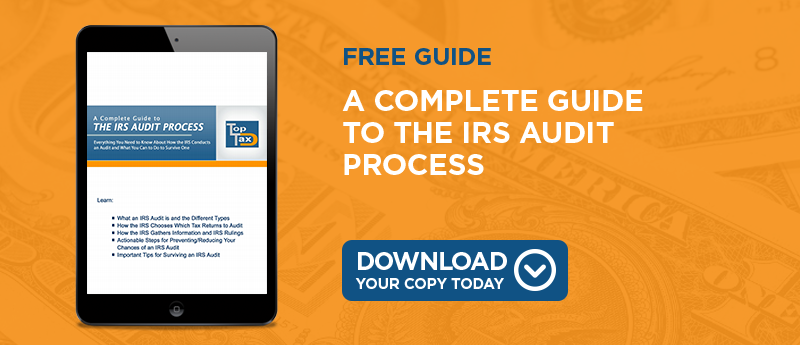
If you are employed by a company that gives annual bonuses, you may look forward to receiving this extra money in your paycheck at the end of the year. While you enjoy the money, however, you also might consider if and how it will be taxed. In fact, the IRS considers end of the year bonuses to be payroll and imposes taxes on them. Your employer has the option of taxing yours in one of two ways.
Percentage Tax Method
Your employer might prefer the simplest method of taxing your bonus. The easiest way thus far is the percentage method, which basically is taxing the amount a certain percent and then deducting that amount from the bonus.
The IRS currently stipulates employers who use this guideline should tax bonuses at 25 percent. For example, if your bonus is $1000 at the end of the year, it will have a 25 percent tax levied against it, or $250. Once this amount is deducted, you will be left with $750.
Employers prefer this method because it is relatively easy to figure out and can be taken out directly from your payment. It does not require extensive bookkeeping that the other taxation method requires.
Aggregate Method
The aggregate method involves adding your bonus to your most recent paycheck. Once the amount is added, your employer must then figure out the appropriate withholding amount based on the current IRS tables.
Based on this information, your employer must then deduct the same amount that was taken out of your paycheck from your current payment amount, as well as deduct the indicated IRS amount from your bonus. Employers typically do not like this method because:- It is more difficult to carry out
- It requires more bookkeeping expertise
- It takes out a higher rate than the percentage method
Some employers give their employees the option of how they would like their bonuses taxed. Because this amount will be counted as part of your income when you file taxes, you may want to ask if you can request either method, particularly if you do not want your tax refund to be affected.
Goods or Services Based Bonuses
If your employer awards bonuses in the form of goods or services, you will still be taxed for this additional compensation. The IRS mandates that if these bonuses go over a certain dollar amount that they be taxed at the same rate and in the same manner as other cash bonuses.
For example, if your boss gives you a trip to Hawaii as a reward, you will be expected to pay the taxes on that trip and include the cost of the journey in your tax return. As with a cash award, your boss has the option of deducting 25 percent in taxes or using the aggregate method to withhold the required amount.However, rewards that cost less than this amount are not necessarily subject to taxation. If your boss wants to spare you having to pay more taxes, he or she may give you tokens like:
- A plaque or certificate
- Gift cards
- A fruit basket
- A monogrammed tee shirt or sweatshirt with the company's logo
While these rewards may seem less appealing than cash, they also could show your boss's appreciation and also help you avoid having to pay taxes on them.
The IRS requires that all payroll and bonuses be declared and taxed at the end of the year. By law, your employer must tax your end of the year bonus. Your company has a couple of options for taxing it. It can use the percentage or aggregate amount. You may also have the option of choosing which one you prefer.




